A Salty Situation.
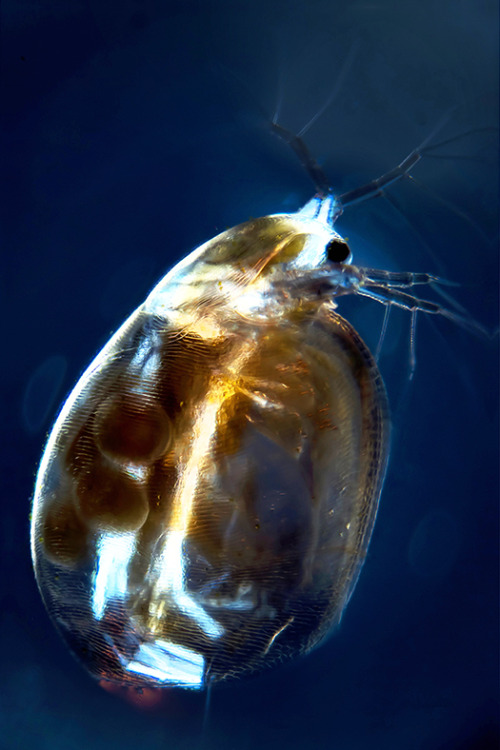
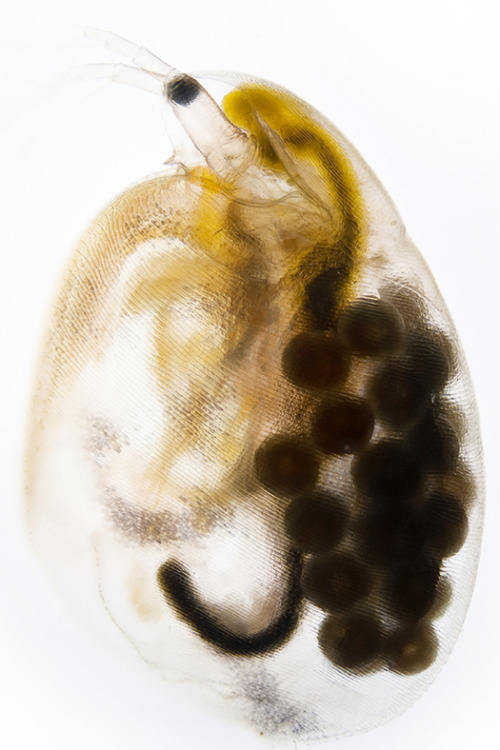
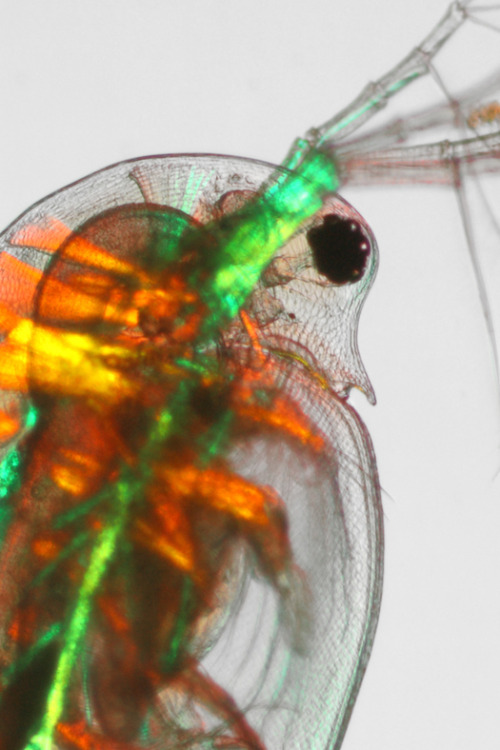
A salty situation.
Zooplankton may be the smallest species in the freshwater food chain, but they play a big role in preserving our lakes, streams and wetlands. That’s one of the reasons why IBM joined forces with the Rensselaer Polytechnic Institute and The FUND for Lake George to create the Jefferson Project at Lake George to understand and protect freshwater ecosystems. Recently they studied the effects road salt has on a species of zooplankton. Road salt usage has increased 50-fold since 1940, and bodies of freshwater are increasing in salinity because of it. Using IBM technology, the researchers monitored zooplankton in varying levels of salinity and found that the organisms were capable of evolving a higher tolerance to the salt. This is good news for the ecosystem since the loss of plankton could have cascading effects throughout the food chain. See, small can be mighty too.
Explore the study’s results →
More Posts from Ritasakano and Others

@maejemison fist black woman in space and principle of the 100 Year Starship Project. #WomeninScienceBook #scientificliteracy #happyblackhistorymonth #blackhistoryshouldbecelebratedallyearlong
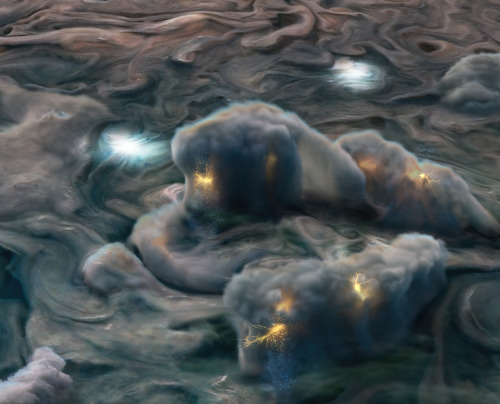
New results from our Juno mission suggest the planet is home to “shallow lightning.” An unexpected form of electrical discharge, shallow lightning comes from a unique ammonia-water solution.
It was previously thought that lightning on Jupiter was similar to Earth, forming only in thunderstorms where water exists in all its phases – ice, liquid, and gas. But flashes observed at altitudes too cold for pure liquid water to exist told a different story. This illustration uses data obtained by the mission to show what these high-altitude electrical storms look like.
Understanding the inner workings of Jupiter allows us to develop theories about atmospheres on other planets and exoplanets!
Illustration Credit: NASA/JPL-Caltech/SwRI/MSSS/Gerald Eichstädt/Heidi N. Becker/Koji Kuramura
Make sure to follow us on Tumblr for your regular dose of space: http://nasa.tumblr.com
Colcha de retalho
Início sempre tem seus cortes tortos, mesmo que se use régua e cortador, parece que a mão gosta de dar outro contorno aos cortes.
Colcha de retalho é cheia de lembranças, conta histórias perdidas no tempo e deixa no presente a satisfação de fazer, para o futuro a certeza que a história continua.




Ines


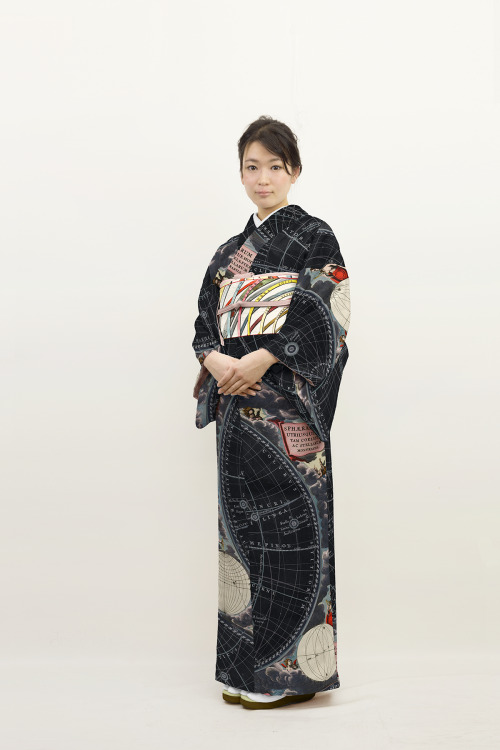

Constellation print and map kimonos
Que trabalho maravilhoso!!


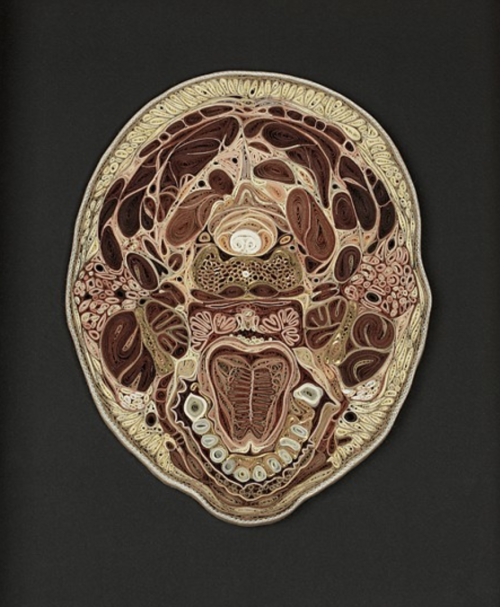

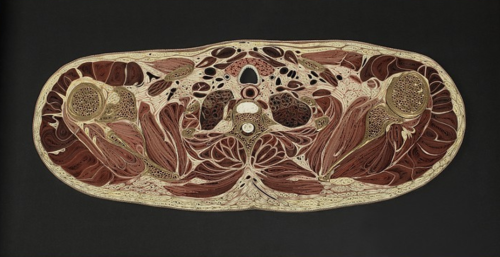
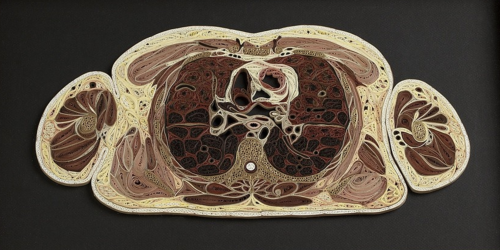
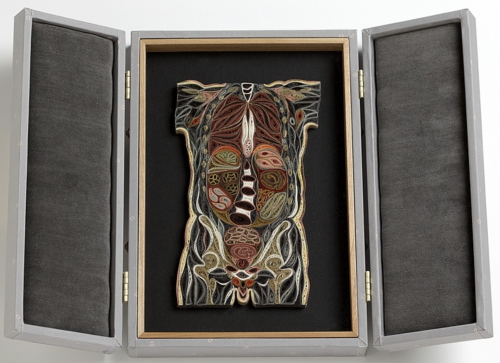

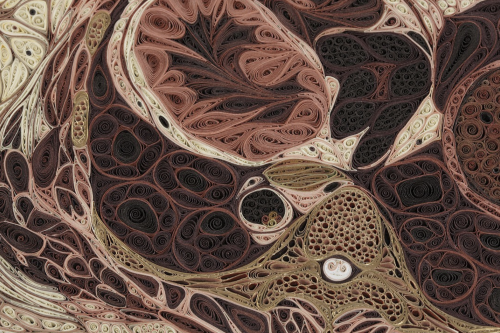

Tissue Series
These pieces are made of Japanese mulberry paper and the gilded edges of old books. They are constructed by a technique of rolling and shaping narrow strips of paper called quilling or paper filigree. Quilling was first practiced by Renaissance nuns and monks who are said to have made artistic use of the gilded edges of worn out bibles, and later by 18th century ladies who made artistic use of lots of free time.
- by Lisa Nilsson
Lindas imagens!
The Beautiful Things inside Your Head: Winners of the 10th Annual Art of Neuroscience Contest
Winner: Lidija Kononenko

Artist Kononenko described this interactive piece as “a microscope specimen, a map of symptoms, and an investigation of the unknown” in a statement accompanying it. Viewers can zoom in and explore the details of a microscope image of the peripheral nerve system, which is overlaid by textual facts and poetic phrases about sleep.Sleep is “a voluntary act of losing one’s own consciousness,” Konenenko explained in her statement. The poetic snippets resemble the fragmented thoughts humans have while falling asleep. And zooming in and out of the image represents the transition between wakefulness and sleep. Additionally, 31-3594 allows the viewer to act as a pathologist, achieving the goal of blending neuroscience and art. In assessing this unique piece, the jurors praised it for “the interactivity and playful combination of imagery of a human peripheral nerve with a text-based story that unfolds at various scales and highlights the role of the nervous system in the human condition.”
Honorable Mentions

Red Haze by Nicki Coveña
A tsunami of red dots dominates this image by neuroscientist Coveña. The bright red color comes from a fluorescent protein, which was used to visualize the workings of TBR1—a gene that synthesizes the protein that regulates the information transfer from DNA to messenger RNA in vertebrate embryo development. “The out-of-focus view makes one guess at what details are hidden below,” the jurors wrote.

Motor White Matter Networks of the Human Brain by Sanja Budisavljevic
In this piece, neuroscientist Budisavljevic superimposed color onto a 19th-century black-and-white drawing of a brain based on a postmortem dissection. Each color indicates a different “highway,” or white matter pathway connecting particular regions of gray matter and allowing information to be transferred. Red indicates the most prominent highway, which links the cortex and spinal cord. “This pathway carries the messages to and from the body and allows us to function in our sensory world,” Budisavljevic says. Green represents the connection that supports coordination, and blue shows the one that regulates movements.

Bdl by Paméla Simard (Alex Tran, photographs)
Artist Simard partnered with Hunter Shaw, a neuroscientist then at McGill University, to create a series of delicate wooden sculptures. “The various installations were created from fluorescent microscopy images representing the visual system of the fruit fly brain,” Simard wrote in her statement. The intricate details of the fruit fly visual system were made possible by first laminating the thin slices of different types of wood together, then hand cutting the result to mimic the microscope images.
More Art from 2020 Gallery

Whale Retina Rainbow by Elena Vecino Cordero and Luis López Vecino
In February 2019 the death of a whale in Sopelana Beach in Spain made the local news. The beach happened to be close to the University of the Basque Country, where biologist Vecino Cordero works. Seizing the opportunity, she and some volunteers extracted the eye of the whale and took it back to her ophthalmology research group for further study. The image was produced as a part of their research. The whale’s retina was imaged using scanning electron microscopy. And later López Vecino added the colors using Adobe Photoshop.

Sensing Spin by Dan Jagger
Physiologist Jagger used a high-resolution microscope to capture this image. It shows mechanosensory hair cells located in the inner ear that play a role in the sense of balance. A protein called actin is within bundles of stereocilia and is stained yellow. Actin helps the bundles to stand upright, so when the human head turns, they can detect the movement of the fluid they are immersed in. The hair-cell nuclei are stained with cyan.

The Protection of Nature Starts in Our Mind by Robert Luck
Luck is a neuroscientist at Heidelberg University in Germany who studies the development of the cerebellum, located where the spinal cord meets the brain. Alarmed by climate change and deforestation, he created a “mind forest” that resembles bird’s-eye-view photographs of real forests. The “trees” are 65 individually traced images of mice’s Purkinje neurons, which play important roles in controlling coordination and movements. “I chose the number 65 to represent the number of years needed for the rainforest to regrow and gain back at least 80% of its diversity,” Luck wrote in his statement. “[Sixty-five] years—a human lifetime!”

Memories and Patterns: Oligodendrocytes by Shanthi Chandrasekar
Oligodendrocytes are glial cells that support and insulate long neuronal axons. The cells’ lipid membrane wraps around the axons to strengthen the structure, as well as to help neurons to send signals quickly. “A single oligodendrocyte can connect with multiple axons,” artist Chandrasekar wrote in her statement. “In this [pen-and-ink] drawing, I have tried to bring out the connectedness of the oligodendrocytes and the axons.”

Shelter in Place by Geinene Carson
As its title suggests, this piece represents “the artist’s interpretation of the pandemic experience” while sheltering in place because of COVID-19, according to artist Carson’s statement. This acrylic-on-canvas piece is a part of a series entitled Neuron, which started as “visual prayers for our daughter with a rare genetic disorder,” Carson wrote on her Web site. While Shelter in Place implies physical restrictions, Carson, who is based in Atlanta, draws inspiration from the neural network, “because as important as our physical surroundings are to our state of living, our thought life holds the key to thriving within whatever the circumstances may be,” she wrote.

Bridges between Genesis and Neuroscience: Triplets by Rui Rodrigues
This image features three neurospheres—clusters of neural stem or progenitor cells—that are similar in size and shape. Because of their similarity, neurobiologist Rodrigues entitled the piece Triplets. The vibrant colors come from “antibodies coupled with fluorescent tags to label specific proteins,” he says.

The Transfer by Geinene Carson

Motor Neuron Architectural Digest by Stefanie Hauck - University of Bonn

Illuminating The Vascular Network - EPFL by Marwan Abdellah
👏
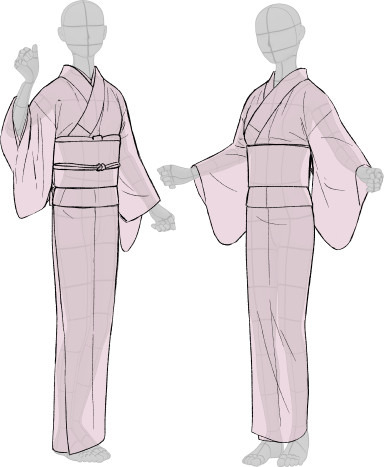
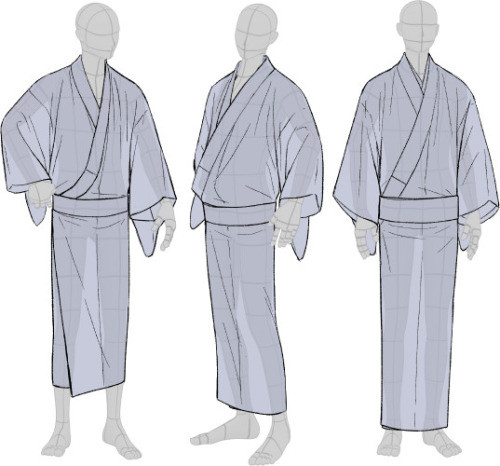
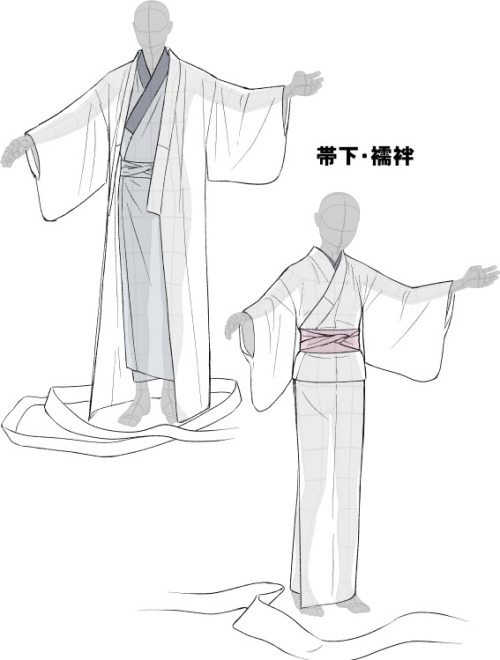
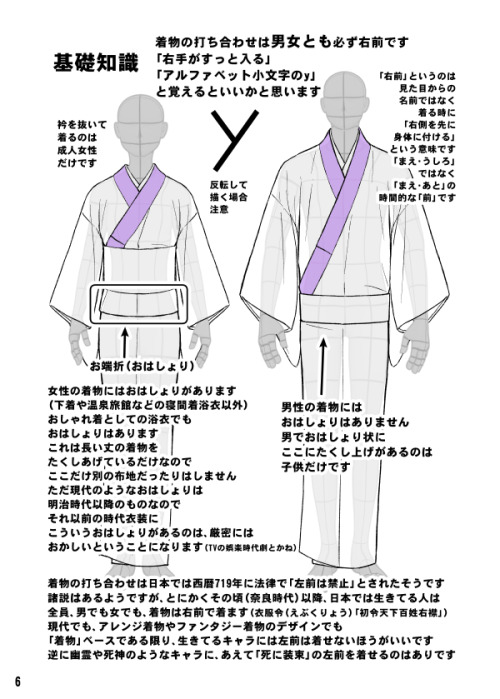
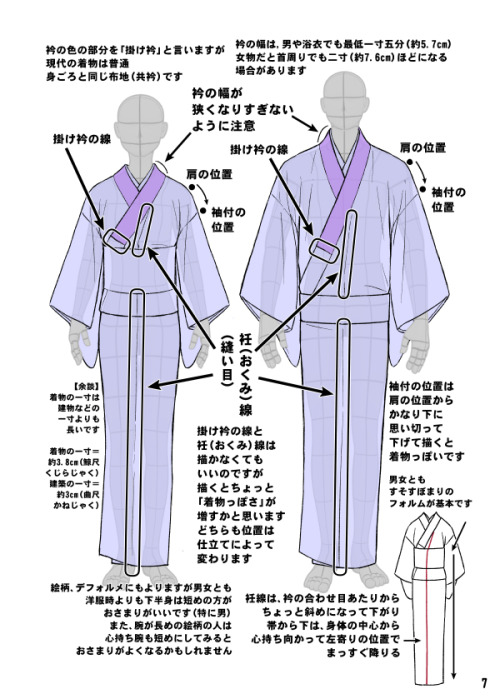
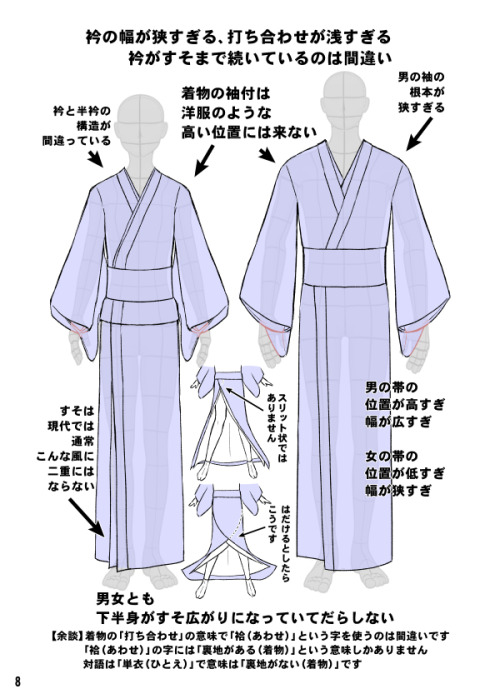
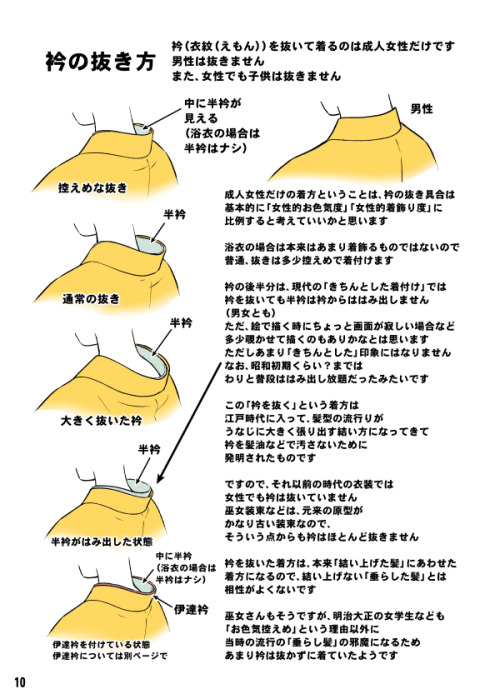

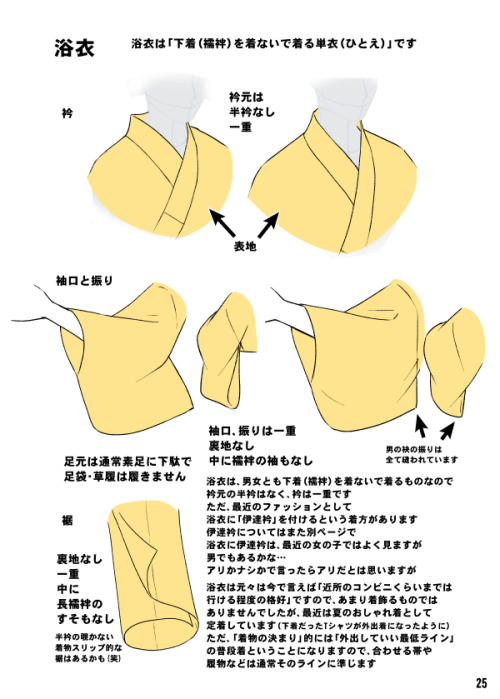
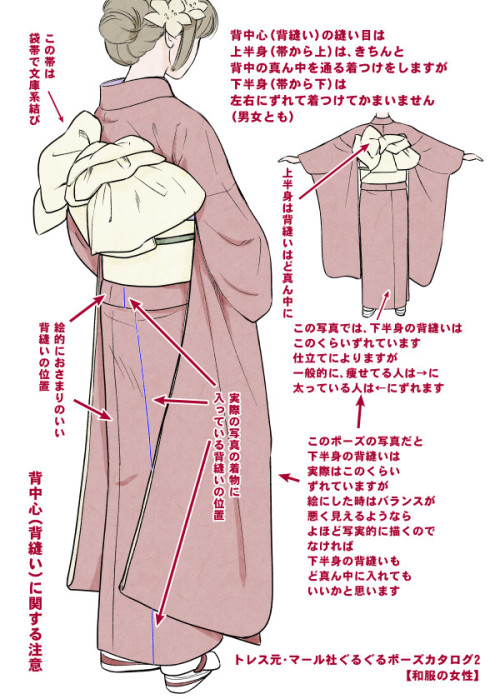
Kimono drawing guide ½, by Kaoruko Maya (tumblr, pixiv, site). Booklet is available in pdf for ¥ 900 here.
Here you can see:
female kimono and yukata (note how the juban underwear peeks when in kimono + how belts differ)
male yukata and kimono (note how the juban underwear peeks when in kimono)
dressing up: male (kimono is not closed yet) and female (kimono closed with datejime belt and ready to put on obi)
differences between female and male kimono once dressed (note how the collars and belts set)
common drawing mistakes (compare with previous picture: shoulders lines are too defined, there is a double hem, collars are narrow, belt is not at the right place etc)
women back collar (the lower the sexier) and men back collar (close to the nape)
back and sleeves differences between men and women
collars and sleeves and view of how kimono drapes around body
Furisode back (long sleeves kimono) and formal furisode obi knot example
-
 anna22ya6 liked this · 7 months ago
anna22ya6 liked this · 7 months ago -
 jmdj liked this · 10 months ago
jmdj liked this · 10 months ago -
 brokentoothonhip reblogged this · 10 months ago
brokentoothonhip reblogged this · 10 months ago -
 thedreamsareripped liked this · 1 year ago
thedreamsareripped liked this · 1 year ago -
 arferabhorn liked this · 1 year ago
arferabhorn liked this · 1 year ago -
 fantasymusic liked this · 2 years ago
fantasymusic liked this · 2 years ago -
 pricew liked this · 2 years ago
pricew liked this · 2 years ago -
 unoversxl liked this · 2 years ago
unoversxl liked this · 2 years ago -
 branchiopod reblogged this · 3 years ago
branchiopod reblogged this · 3 years ago -
 branchiopod liked this · 3 years ago
branchiopod liked this · 3 years ago
